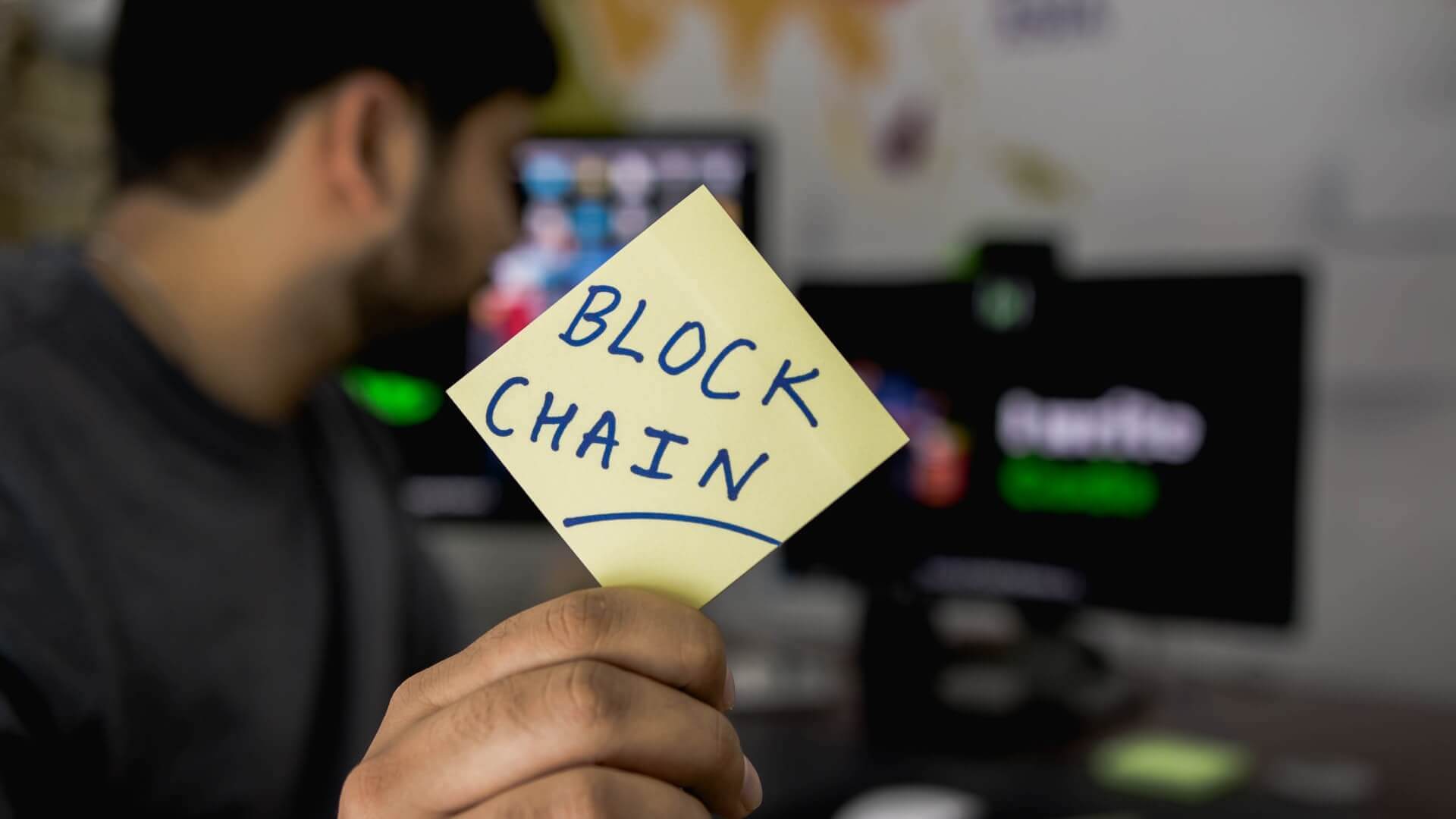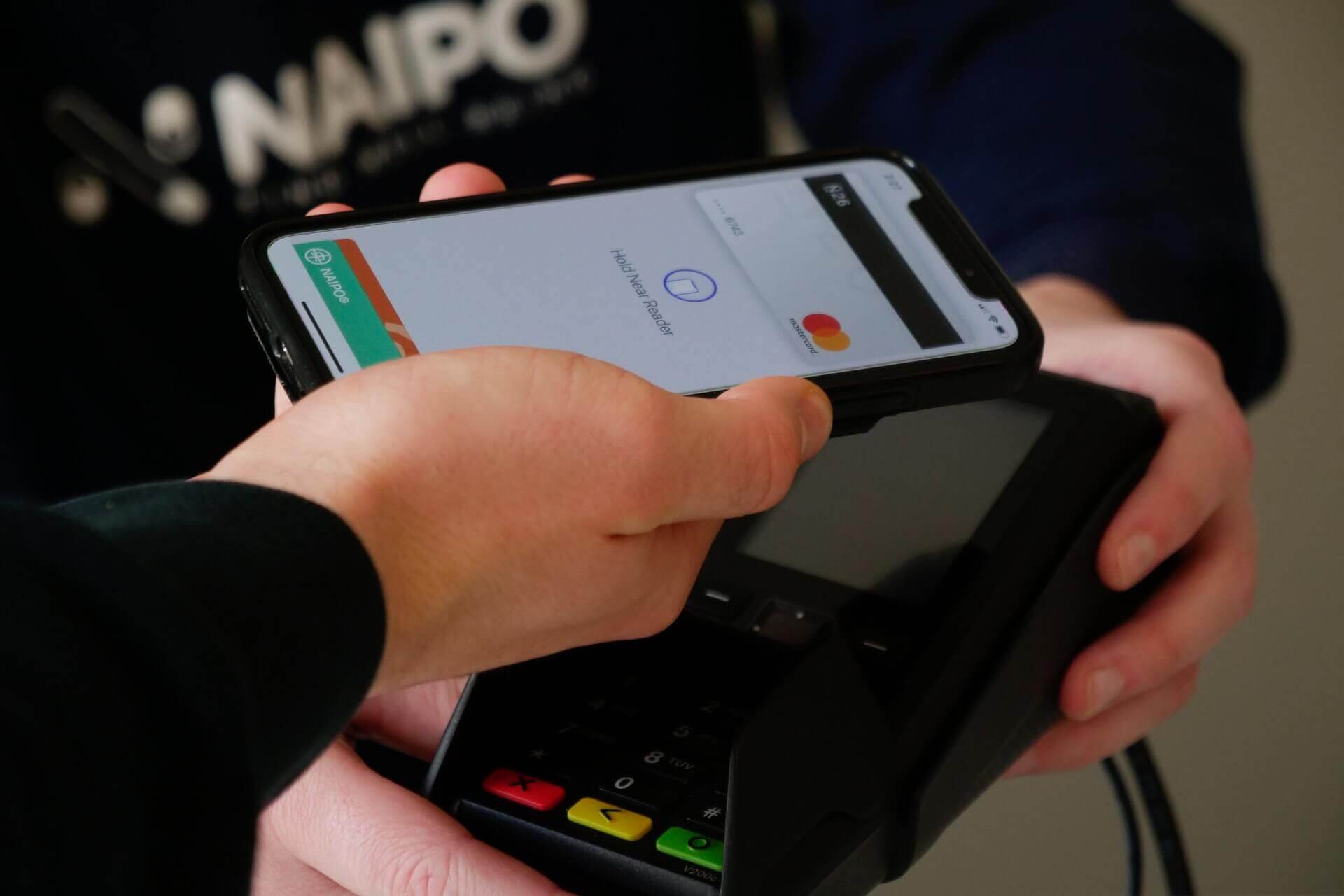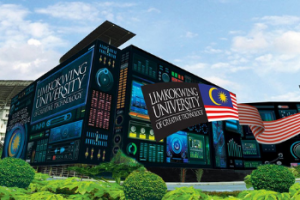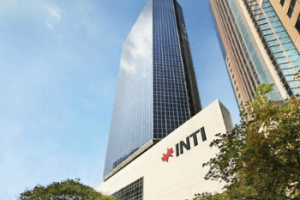Blockchain.
What exactly is it?
The blockchain system records data in a way that prohibits any change, hack, or cheat to alter data in the system. Within the blockchain, there are data structures that store information while constantly authenticating newly recorded data.
 Image source: Unsplash
Image source: Unsplash
Blockchain technology is now one of the fastest growing technology in this decade capable to drive digital transformation. Information is shared with full transparency and can only be accessed by permissioned members of the network.
Due to its high-security nature, the blockchain system is capable of warding off hackers from compromising its data. When one block in a single chain is altered, it is evident that something was tampered. Thus, a hacker would have to change the blocks in all versions of a chain to corrupt a system.
So, why does it matter so much in education?
With so many benefits – enhanced security, efficiency, easier access to credentials, records, and workflow, and better visibility – blockchain is predicted to take over the traditional record-keeping methods in higher education institutions that were usually paper-based and time-consuming.
Here’s how blockchain will benefit the higher education industry in 2021 and beyond.
Unique Reward System
According to an article from Getting Smart, people who use blockchains to verify education-related matters can receive rewards in the form of points or tokens.
“The computer nodes that constantly verify the integrity of the information stored on a blockchain receive rewards in the form of digital tokens like bitcoin or ether. This is what is called cryptocurrency mining,” the article explained.
Universities can create a blockchain community for students and staff to interact on the platform, such as leaving high-quality feedback for a university or individual’s personal development.
The community then decides if a person’s contribution is valuable by deciding how much ‘points’ the contributor or user gets. This encourages students and staff to be more involved in the university’s efforts to improve their higher education experience.
These points can be traded for cryptocurrency rewards or used to pay for education-related goods and services. For example, universities can encourage students and staff with blockchain accounts to use their points as payment for the cafeteria, bookstores, and tuition.
Cashless College Funding
Just like online payments, cashless college funding through blockchain means that university administrators no longer need to handle a staggering amount of cash and cheque.
This means no more awkward banter between the administrators and parents who insist that they’ve paid!
 Image source: Unsplash
Image source: Unsplash
Through blockchain, the audit trail is clear. The university and parents will able to keep track of the dates and amount of money that was paid. Management of college funds will be an efficient process, with improved transparency and trust among all parties involved.
Moreover, blockchain users save a significant amount of transaction cost as they are excluding the involvement of a third party to help them process the transaction. The traditional cross-border transfer fee for small-amount transactions can go up to 7% after adding in intermediary fees on both sides.
King’s College in New York City, USA had executed this practice well. In 2014, the college became the first higher education institution to eliminate traditional transactions and replacing them with Bitcoin payment.



 Image source: Unsplash
Image source: Unsplash Image source:
Image source: 
 Image source: Unsplash
Image source: Unsplash








